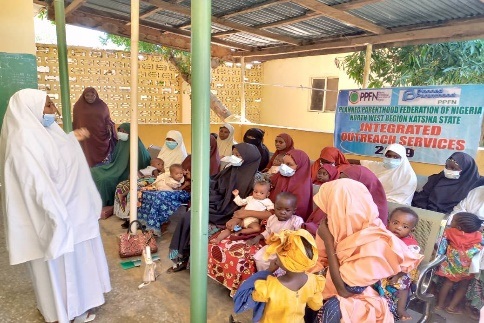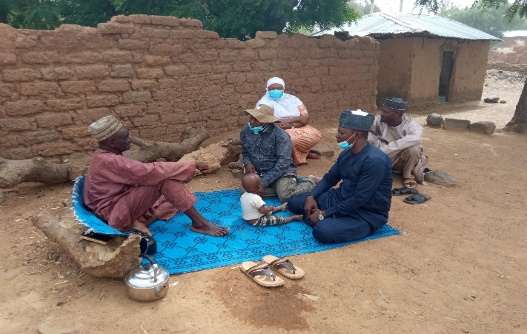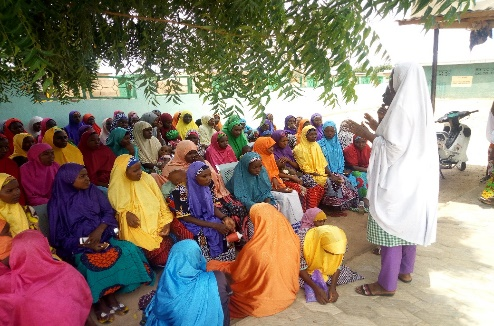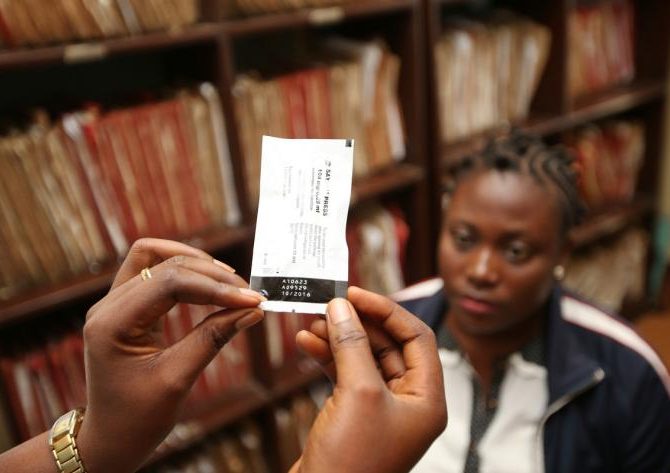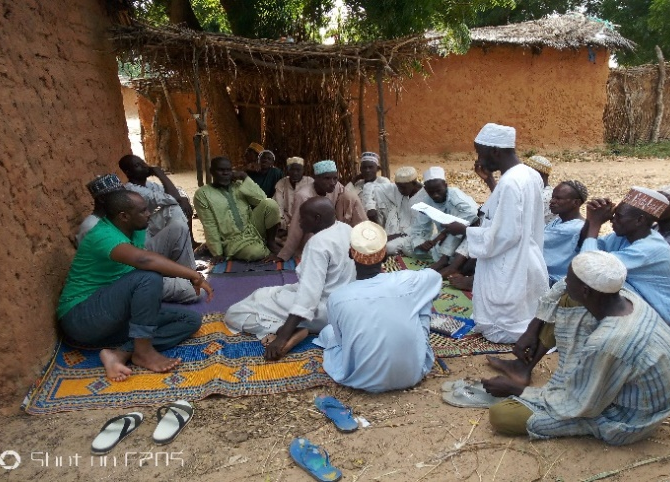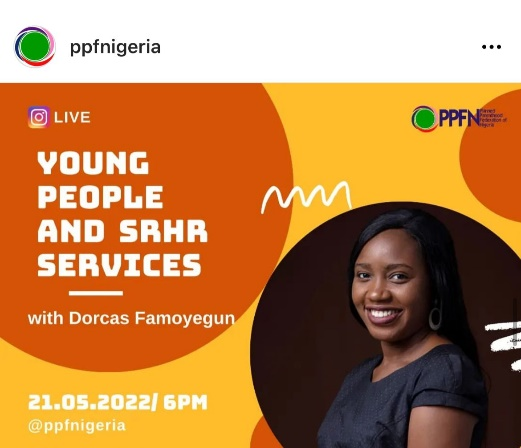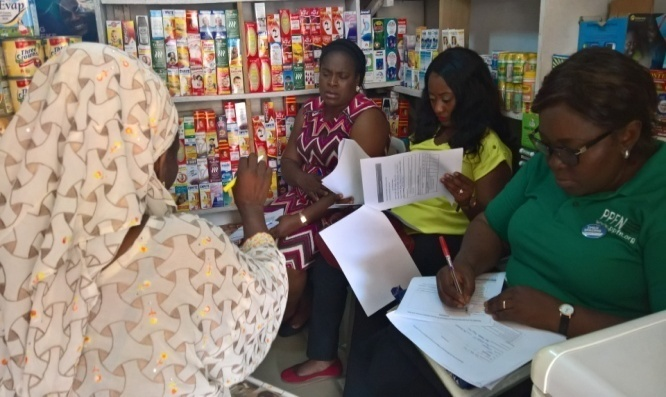Donor: IPPF
Year/Duration of implementation: January 2021 to December 2021
Beneficiaries: Women and girls of reproductive age, Young people, poor and socially excluded, PWDs, General population.
Challenges/Gap that the project addressed (what is the problem): Nigeria has a shortage of qualified health practitioners especially in the rural areas. According to NDHS 2018 over 50% of deliveries and 33% of antenatal care was attended by unskilled providers with rural areas accounting for a higher proportion. In addition to this, the high rate of unintended pregnancies with about 2.5 million unplanned pregnancies occurring annually can be attributed to limited access to comprehensive FP?SRH information and services. About 19% of the population of women o reproductive age (WRA) have an unmet need for contraceptives with young people demonstrating a greater need. Despite their high unmet need, most primary health facilities do not address the SRH needs of young people as they are often not skilled and equipped to integrate YFS into SRH services. Socio-cultural barriers exist in various parts of the country, particularly in northern Nigeria that impedes the availability and accessibility of comprehensive SRH information and services especially for women and young people. Women and girls continue to face violence and experience harmful practices such as those that permit marriage before the age of 18 year. Certain population groups such as People with Disability (PWD) groups face considerable stigma, discrimination, and difficulties in accessing SRH services.
Intervention (what did we do?): We expanded the scope and reach of SRH services using the cluster model through partnership with over 200 FBOs, public, private health facilities and non-governmental providers. Facilities are clustered in 5 within a 20km radius (hub and spoke design with 4 feeder facilities attached to a comprehensive facility). The project strengthens the capacity of partner providers and supports them to deliver quality SRHR information and services to the public with a focus on women and young people. As a supporting strategy, the project conducts community mobilization, mobile services provision, uses community based agents and conducts dialogue sessions to fill any SRH information gaps amongst community members; as well as build cooperation within the community to support the uptake of services. For effective coordination of partners’ facilities, periodic cluster coordination meetings are held and serve as an opportunity for sharing of experience, successful practices, and learnings. It further creates an avenue for mentoring and providing technical support to providers.
Outcomes/Results (what are the achievement): A total of 17,293,320 quality SRHR services have been enabled through the public/private partnerships.
